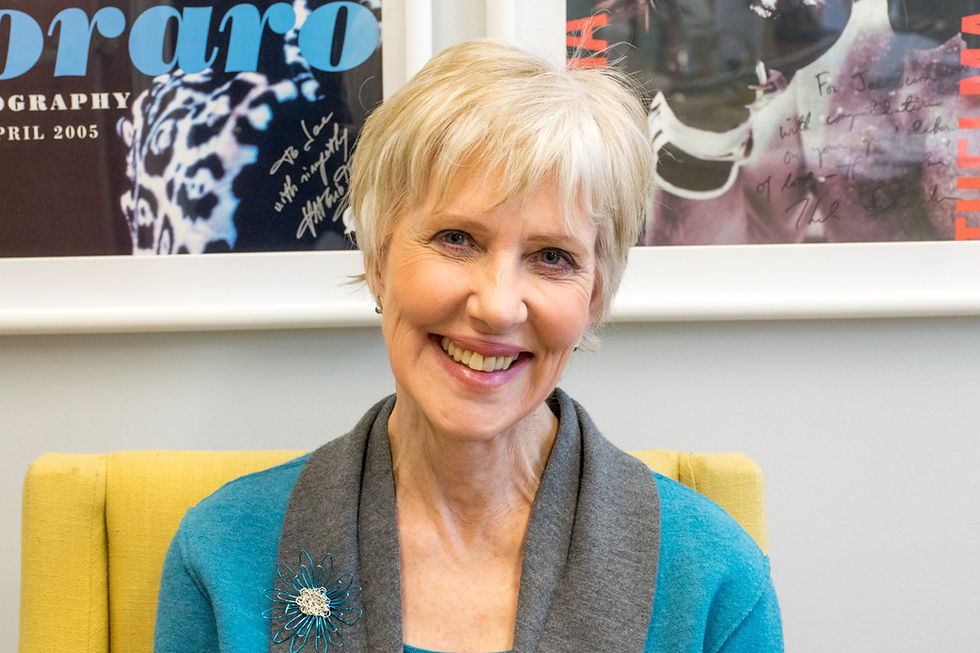Takashi Sato, PhD - Chief Scientist & Technical Architect - Rigaku Corporation
- Japan Society of Boston

- May 6, 2025
- 3 min read
Updated: May 8, 2025

How long have you been working in Boston?
Since last September, I've been fully immersed in establishing a new lab in Boston for the Rigaku Corporation. We aim to showcase to Boston our groundbreaking technology which allows scientists to delve into the molecular image and characteristics of viruses, antibodies, and nucleic acids in solutions named Electron Density Topography or EDT. It's a challenging yet exciting journey which you can read more about in this article by Nature Portfolio: "For protein imaging, the answer is in solution".

My first visit to Boston was in July 1995, the first place I landed in the US. At that time, little
information was available online, and there was no such thing as Uber. I still remember mistakenly taking a Black Cab from Logan Airport. I misunderstood that it was a shared taxi worldwide (except the yellow Ford in NY that I saw on TV) since I had just experienced black cabs in London on my first overseas visit as a university professor. Also, my English at the time was no match for my driver's heavy Boston accent, which I hear little of these days.

What are the benefits and challenges of working in the US?
Our technology, which provides rapid imaging of therapeutic molecules under flexible conditions in solution, is best demonstrated in Boston/Cambridge. Freezing samples for shipping devalues the unique merits of the technology, so we are now settling at SmartLabs at 21 Erie St., within walking distance of many innovative pharmaceutical labs.
However, the time zone difference between Asia and the East Coast and frequent travel
between our headquarters can be challenging. I've been using the Jet Lag Calculator
to mitigate the toll of international travel. Recently I realized that adjusting my daily schedule to 23/25 hours is a simple and effective coping strategy.

What is your favorite thing about Boston?
There is a variety of wildlife in the city area, including squirrels, rabbits, ducks, and, particularly notable, the turkeys. I habitually go on a late morning weekend run and often meet three different turkey groups around Harvard. The troop haunting Massachusetts Ave near Somerville is the biggest and frequently blocks early bus transportation. Still, they seem not to care about traffic and meander about while rubbing their wings on the ground to attract the females' attention. Meanwhile, the turkeys around Harvard Square are slimmer and stand silently close to people, waiting for the pedestrian signals just behind me.


Last month, I had dinner at Atlantic Fish Company with my daughter, who was visiting during her spring break. The waiter recommended Boston cream pie for dessert, and we accepted without knowing what it was. Served with aged pale Madeira wine, my memory flashes back 30 years, to a chocolate-ish cake served at a banquet of the Protein Society,
where I was disappointed by poor dishes compared to those in Europe. But this dessert, I
realized, was the same as that time and is a specialty of Boston, of which I am now a big fan.








